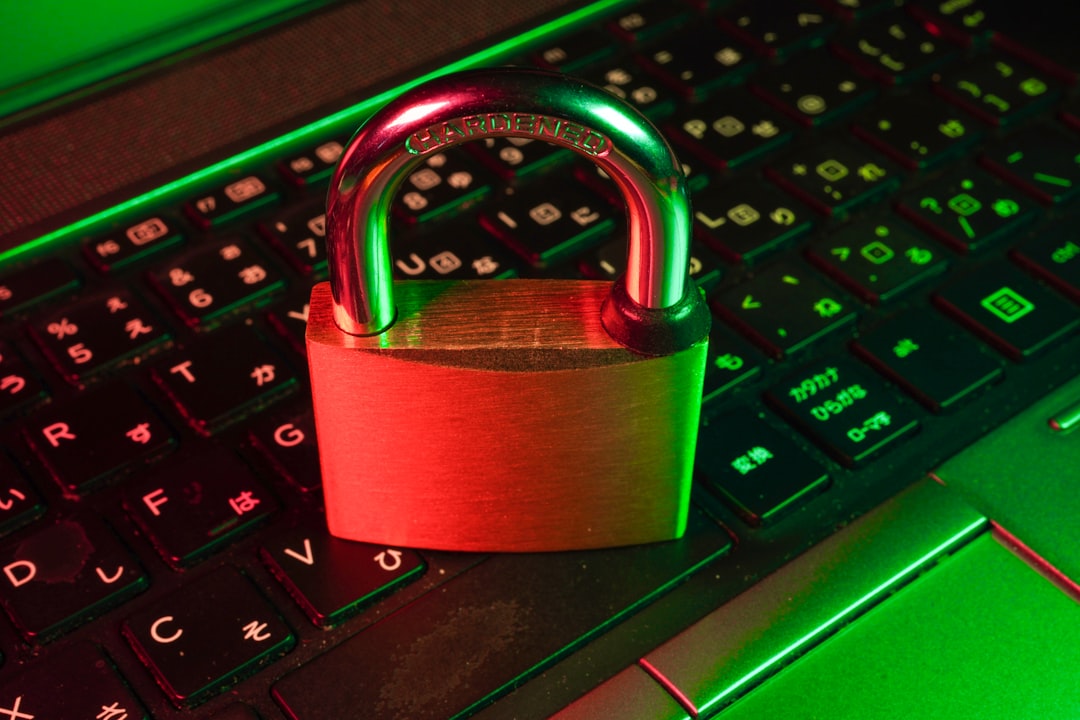In a hyper-connected world where personal and professional information is stored across dozens of online platforms, securing digital identities has become a cornerstone of cybersecurity. One of the most reliable ways to manage this growing concern is through the use of password managers — tools designed not only to store passwords safely but also to make them accessible and convenient for users. A particularly important feature incorporated into many modern password managers is the zero-knowledge architecture, which ensures that only the user, and no one else, has access to their data.
What Is a Password Manager?
A password manager is a secure application that stores and locks your passwords and other credentials in an encrypted format. These tools can generate strong, unique passwords, autofill login fields, and synchronize your credentials across multiple devices. The purpose is to ease the burden of remembering dozens (or even hundreds) of unique passwords, allowing users to remember just one master password to access their vault.
With widespread data breaches and phishing attacks, traditional password practices are no longer sufficient. Simple or reused passwords make it easier for attackers to gain access to multiple accounts. Password managers mitigate this risk by encouraging unique and complex passwords, which drastically reduces the likelihood of unauthorized access.
Understanding Zero-Knowledge Architecture
Zero-knowledge architecture is a critically important concept in the domain of cryptographic privacy and security. When applied to password managers, it means that the service provider has absolutely no access to the user’s password vault contents. In simpler terms, even if the password manager’s servers were compromised, the attacker would not be able to read any user data.
This architecture is typically achieved through end-to-end encryption combined with the principle of zero-knowledge proofs, a cryptographic method that allows one party to prove to another that they know a value, without revealing the value itself.

When a user creates a master password, it is never sent to the password manager’s servers. Instead, it is used locally to generate a cryptographic key that decrypts the vault. This way, not even the administrators of the password manager platform can view your saved credentials. Your data — passwords, notes, form fills — remains visible only to you, secured with encryption keys derived from your master password.
Benefits of Zero-Knowledge Password Managers
- Enhanced Privacy: Since the provider does not have access to your data, the risk posed by insider threats or legal pressure is minimized.
- Reduced Attack Surface: A data breach on a zero-knowledge provider yields only encrypted blobs — which are meaningless to attackers without a corresponding decryption key.
- Trustworthiness: Zero-knowledge systems shift trust from the provider to the software design itself. Transparency in cryptographic implementation builds user confidence.
How Zero-Knowledge Works in Practice
To understand its implementation, let’s delve into a basic workflow of how a zero-knowledge password manager operates:
- A user creates a master password.
- This password never leaves the device; it is passed through a key derivation function (like PBKDF2 or Argon2) to generate an encryption key.
- All sensitive data is encrypted using this key before leaving the device.
- On the server, only the encrypted data (ciphertext) is stored.
- When accessed again, the master password re-generates the key and decrypts the vault locally.
Because the entire process happens client-side (on your device), it becomes virtually impossible for third parties to decrypt the data, unless they possess the master password.

Choosing the Right Password Manager
When evaluating password managers, it’s essential to look for those that implement zero-knowledge architecture and have been subjected to third-party security audits. Some of the leading tools in this field include:
- Bitwarden: An open-source password manager offering full zero-knowledge encryption. It supports cloud syncing as well as self-hosting for advanced users.
- 1Password: Known for its user-friendly interface and “Secret Key” feature, which adds an extra layer of security to its zero-knowledge design.
- Dashlane: Combines zero-knowledge with dark web monitoring and a VPN for comprehensive protection.
- Keeper: Offers zero-knowledge architecture and also complies with various industry standards like HIPAA and GDPR.
It’s equally important to examine each service’s approach to encryption standards, multi-factor authentication, and breach alerts. While the user is responsible for safeguarding the master password, the software’s ecosystem should support recovery options that do not undermine the zero-knowledge principle.
Security Considerations
Although zero-knowledge password managers offer exceptional privacy, they are not invulnerable. Common pitfalls include:
- Weak Master Password: If users select easily guessable master passwords, the system becomes vulnerable to brute-force attempts.
- Phishing Attacks: A user might be tricked into entering their master password on a malicious site or app.
- Device Security: If malware or keyloggers are present on the user’s device, they can capture keystrokes or bypass authentication mechanisms.
To combat these, it’s recommended that users enable multi-factor authentication (MFA) and maintain strict device hygiene, including antivirus protection and regular OS updates.
What Happens If You Forget Your Master Password?
In a truly zero-knowledge environment, forgetting your master password means you’re effectively locked out of your vault. Since the provider can’t access your decrypted information, they also can’t reset or recover the master password for you.
However, some advanced managers offer secure recovery options, such as recovery keys or emergency access features, which can re-establish your account without compromising the zero-knowledge principle. For example, 1Password’s combination of a Secret Key and account password keeps the system secure while allowing recovery if one component is lost.
Conclusion
Zero-knowledge password managers represent the future of secure digital identity storage. By ensuring that only the users themselves have access to their data, these tools offer unparalleled privacy and protection. However, the effectiveness of this system ultimately depends on user behavior — strong master passwords, regular updates, and awareness of phishing attempts are all essential in maintaining a secure digital life.
Frequently Asked Questions (FAQ)
-
What is a zero-knowledge password manager?
A zero-knowledge password manager is a tool that encrypts user data in such a way that only the user can decrypt it. The service provider has no access to the unencrypted data. -
Is zero-knowledge really secure?
Yes, it offers a high level of security by ensuring your data is encrypted locally before it ever reaches the server. However, it cannot protect against weak master passwords or insecure devices. -
Can I recover my account if I forget my master password?
In most zero-knowledge systems, recovery is difficult or impossible without backup mechanisms like recovery keys. Always back up your master credentials securely. -
Are free password managers safe?
Some free options, like Bitwarden, offer zero-knowledge architecture and are open source. Always verify the security practices and look for regular audits. -
How do I know if a password manager is zero-knowledge?
Check the documentation or website. Reputable services will advertise a zero-knowledge model and provide technical details about their encryption methods.

